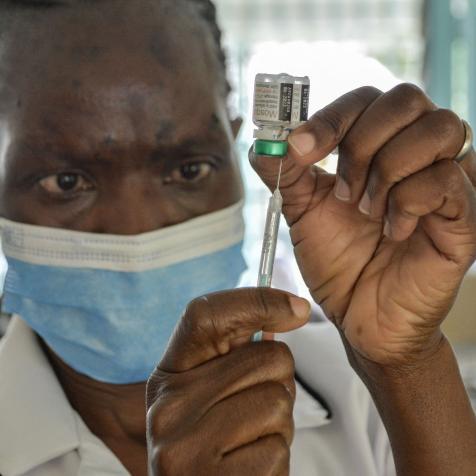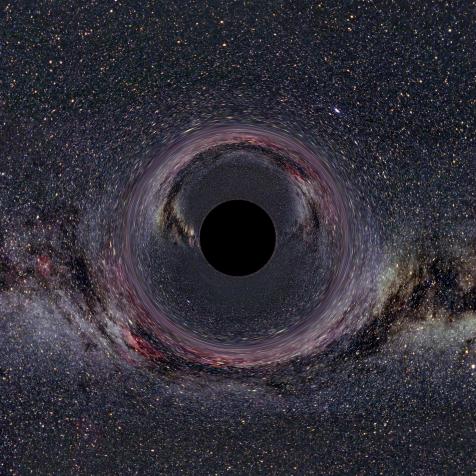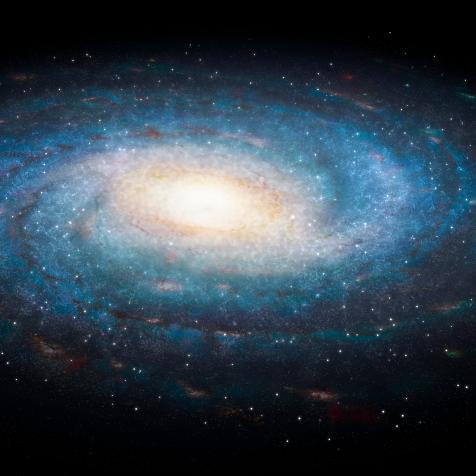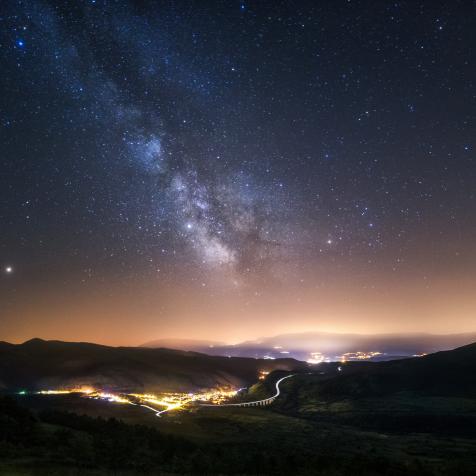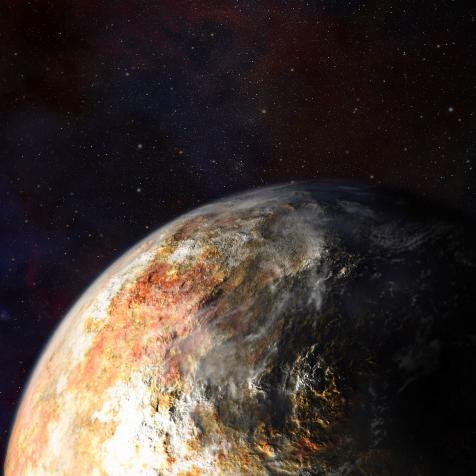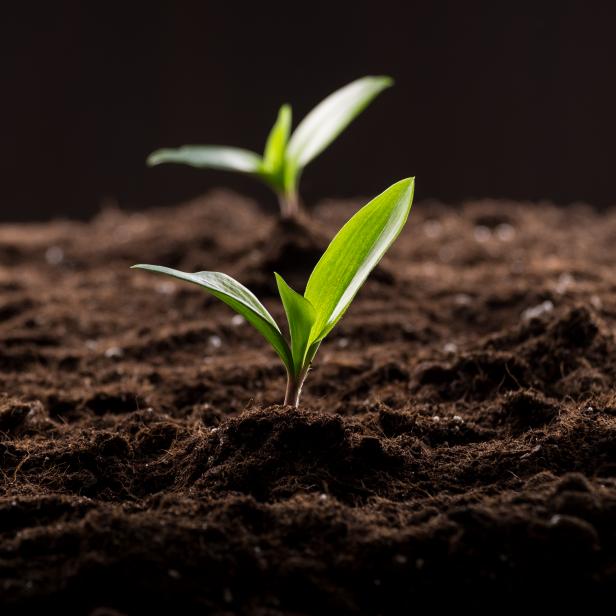
Getty Images/filistimlyanin
Whatever You Do, Don't Put Coffee Grounds in Your Garden
This popular soil additive may not be the best thing for your plants.
There's nothing like eating veggies you grew in your own garden. But gardening is a big investment: there's the daily watering, the careful pest control, and the delicate process of keeping the soil chemistry just right. The internet is full of ways you can make gardening easier and cheaper, but some methods are too good to be true. No matter what the gardening blogs tell you, leave the spent coffee grounds alone. They're bad news for your garden.

Shutterstock
Common Grounds
We get it: It feels good to do something with your morning coffee waste besides throwing it in the garbage. The gardeners who write about it aren't wrong when they say it's full of soil-friendly nutrients like nitrogen, which is essential for plant growth. Generally, adding organic material to the soil is good for your garden, since bacteria will feed on it and break it down into more nutrients the plants can use.
But even coffee-ground gardening advocates include a few words of warning. Coffee grounds are highly acidic, they note, so they should be reserved for acid-loving plants like azaleas and blueberries. And if your soil is already high in nitrogen, the extra boost from coffee grounds could stunt the growth of fruits and flowers. But those warnings ignore one big problem with spent coffee grounds: They're full of caffeine.
Not the Buzz You're Looking For
To understand why caffeine is bad for your garden, you need to understand why certain plants produce caffeine in the first place. You probably know that both coffee and chocolate contain caffeine, even though they come from entirely different plants. Those plants aren't even related — they evolved the ability to produce caffeine independently, something biologists call "convergent evolution." When two species evolve the same trait completely on their own, it's a sign that the trait probably has a very useful purpose. For caffeine, that purpose is competition: It kills off any plants in the surrounding area.
While you might think you squeezed every last drop of caffeine out of those grounds in your french press, think again: A study in the Journal of Agricultural and Food Chemistry found that there can be up to 8 milligrams of caffeine per gram of used coffee grounds, depending on how long the grounds steep in the water. That means that after you brew a shot of espresso, the grounds still contain about as much caffeine as a cup of tea.
That's why adding coffee grounds to your garden is the last thing you want to do. A 2016 study in the journal Urban Forestry & Urban Greening said it all in the title: "Applying spent coffee grounds directly to urban agriculture soils greatly reduces plant growth." That was true even when they composted the coffee grounds with other organic waste — something experts recommend in the first place. Another study inadvertently found that compost spiked with coffee grounds kills earthworms. And remember how adding organic material attracts helpful bacteria? Well, coffee grounds also have antibacterial properties. Bye bye, little buggies.
In an article for the Guardian where he did his own informal gardening experiment with coffee grounds, botanist James Wong concludes, "I love a quirky piece of hort advice, and some are repeated so often you assume they are true, but often they call them old wives' tales for a reason." Drink your coffee all you want (eat something first, please), but keep those grounds away from your garden.
This article first appeared on Curiosity.com.











